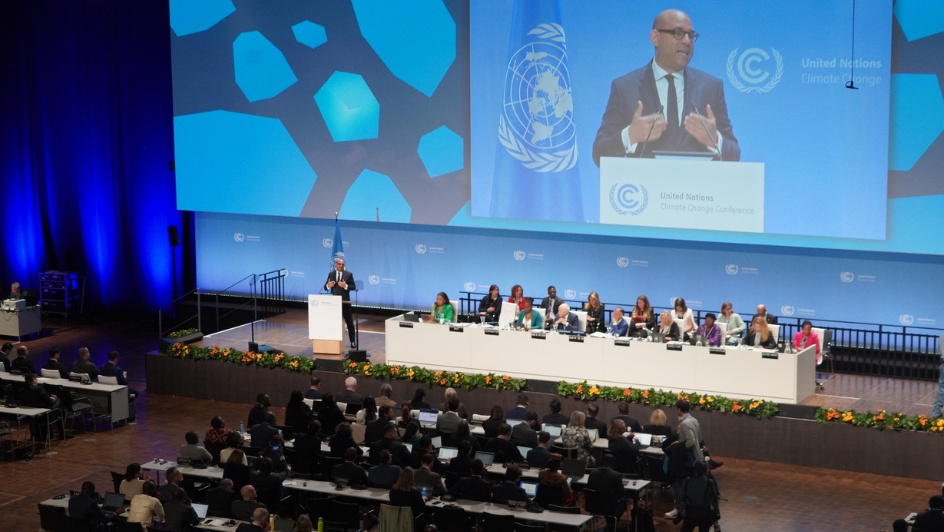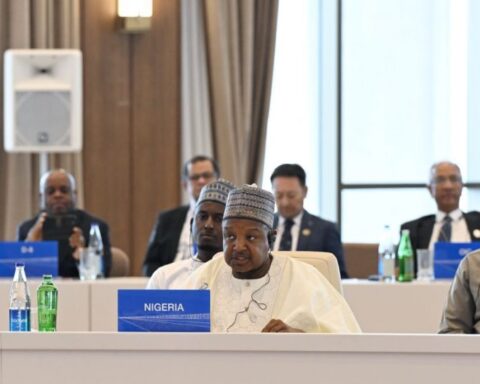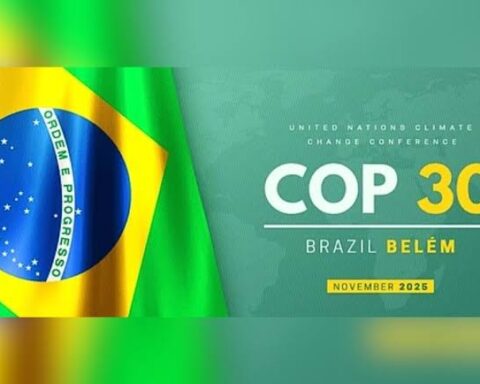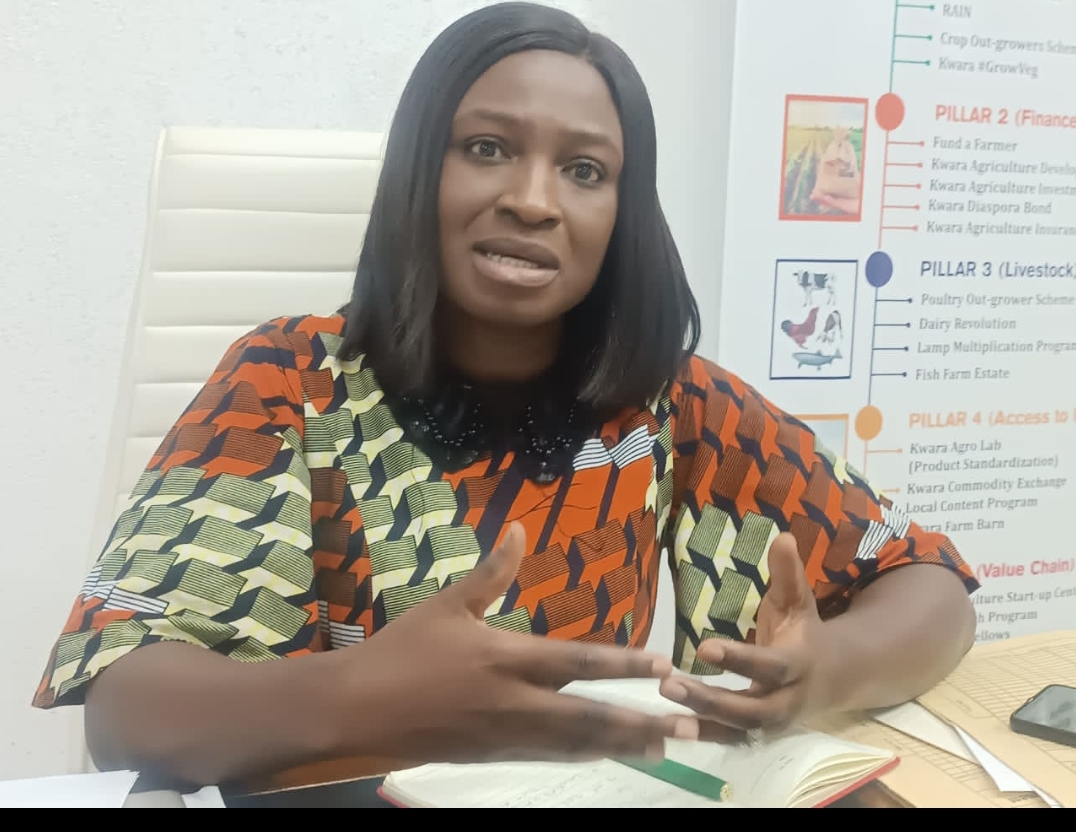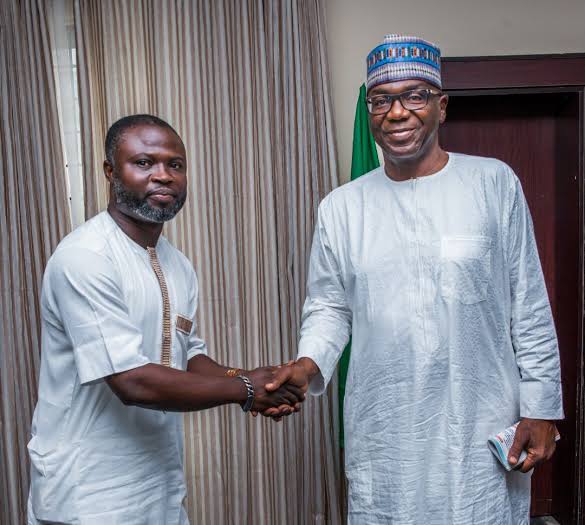As the countdown to the COP29 climate summit in Azerbaijan this November continues, the Bonn Climate Change Conference in Germany concluded in a stalemate on Thursday. Nations disagreed on the size and scope of loss, damage financing, and other critical issues, representing a significant setback in global climate negotiations.
The Bonn talks did not achieve meaningful progress on climate financing. Industrialized nations, which bear the greatest responsibility for the current climate crisis, resisted calls from Global South countries to compensate those who suffer the most but have contributed the least to greenhouse gas emissions.
“Developing countries need trillions in new public finance for adaptation, loss and damage, and a just transition away from fossil fuels. But developed countries are not even offering crumbs from the table and are blocking all progress,” stated Sara Shaw, climate justice and energy campaigner for Friends of the Earth.
Loss and damage financing refers to funds aimed at compensating developing nations for the destruction caused by the fossil fuel-driven climate crisis, which the world’s poorest populations had little role in creating.
“They want developing countries to accept loans, which will further fuel debt and are pushing already discredited carbon market finance schemes, which causes grave harm in the Global South,” Shaw added. “This is a disaster.”
On Thursday, the World Wide Fund for Nature (WWF) expressed concern that the Bonn stalemate is “undermining the momentum needed to ensure strong outcomes at COP29, scheduled for November in Baku, Azerbaijan.”
“Discussions on climate finance lacked the urgency required for one of the most critical decisions to be finalized at COP29,” WWF remarked regarding the Bonn conference. “A new funding goal for 2025 to 2035 is set to be agreed upon, in line with the Paris Agreement’s terms.”
“However, developed countries have not yet provided a clear indication of their financial commitments for climate action, nor where the funds will come from,” the organization added. “Calls for urgently needed funding for adaptation, mitigation, and loss and damage remain unfulfilled.”
Tracy Carty, a climate politics expert for Greenpeace International, commented on Thursday, “Rich developed countries talked at length about what they can’t commit to and who else should pay but failed to assure developing nations of their intent to scale up financial support significantly.”
“Damning silence on what finance might be offered is stymying efforts to raise ambition and is a dereliction of duty to people battling climate-fueled storms, fires, and droughts,” Carty added.
Developing nations have indicated they need around $400 billion annually for a loss and damage fund to rebuild communities, restore crucial wildlife habitats, or relocate people displaced by the climate emergency. According to the U.N. Development Program, the United States has committed a mere $17.5 million to the global loss and damage fund, while developed nations have pledged approximately $661 million to date.
Laurie van der Burg, international public finance lead at Oil Change International, emphasized, “The rich countries most responsible for this crisis must pay up for a fair fossil fuel phaseout and climate damages, without worsening unjust debts.”
“We know they have more than enough money,” van der Burg added. “It’s just going to the wrong things.”
The outcome of the Bonn conference casts doubt on the ability of global leaders to effectively address the urgent issues of climate finance and environmental justice ahead COP 29.
By Dare Akogun with Agency Reports


